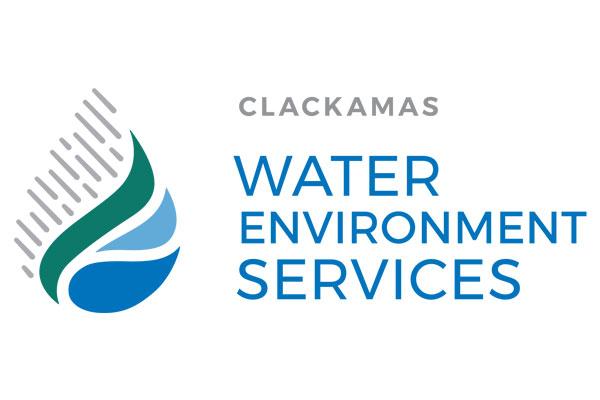When trash — plastic bags, bottles, cigarette butts, etc. — is thrown on the ground, it gets washed into storm drains and directly into our waterways. In addition to potentially choking, suffocating, or disabling aquatic life like ducks, fish, turtles, and birds, litter decreases oxygen levels in the water when it decays. Litter is one of the most unsightly forms of pollution in our local waterways and can easily be prevented. Most litter can be recycled, which protects the environment and saves our natural resources.
The lifespan (decomposition time) of some commonly littered items
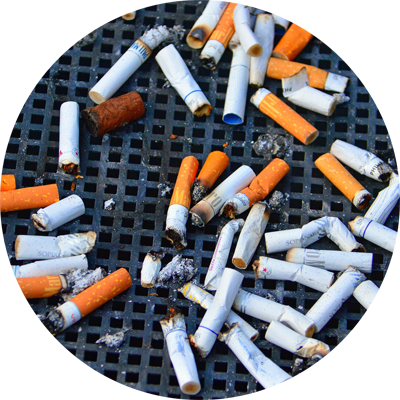
Cigarette butts: 1–5 years
Myth: Cigarette filters are biodegradable.
Fact: The acetate filters can take many years to decompose. Also, the toxic chemicals the filter was designed to trap leak out into aquatic ecosystems, threatening marine life. Cigarette butts may seem small, but with millions of butts littered every year, they are one of the biggest sources of pollution.
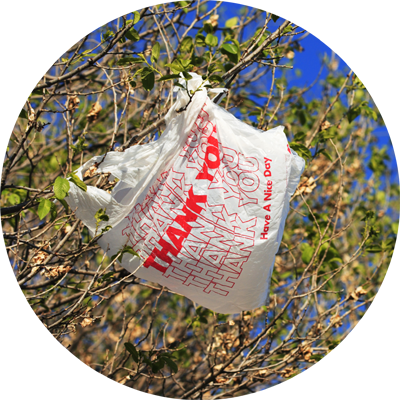
Plastic bags: 10–20 years
When larger pieces of plastic waste are disposed of in the environment, they get weathered and degrade. These larger pieces of plastic break down into smaller and smaller pieces and are eventually reduced to microplastic particles. Microplastics are eaten by fish, birds, and any animals drinking the water.
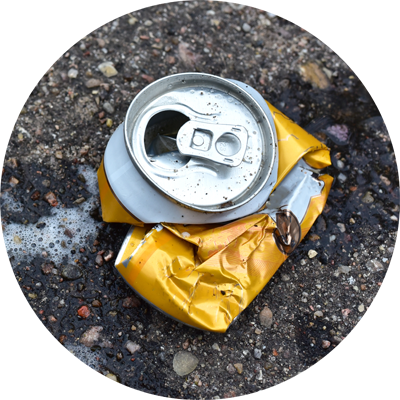
Aluminum cans: 200–500 years
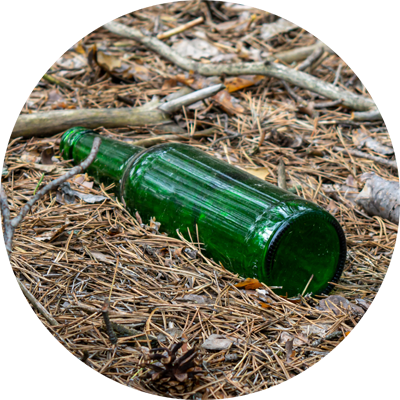
Glass bottles: 1 million years
How can you help keep our waters clean?
- Carry a bag for waste along in the car to eliminate the temptation to throw it out the window. Put litter in your pocket until you find a recycling container or trash can.
- Recycle and reuse items whenever possible. Glass, paper, metal, cardboard, and some plastics can be recycled.
- Pick up one piece of litter every day! That's 365 fewer pieces of litter on our streets, in our parks, and around our schools, thanks to you. Imagine if everyone picked up just one piece!
- Make sure your trash bins have lids that can be securely attached. Do not put out open containers or boxes filled with debris.
- Keep litter out of pick-up truck beds and cover loads, so items are not blown off to the ground.
- Join a clean-up event.
 Translate
Translate







